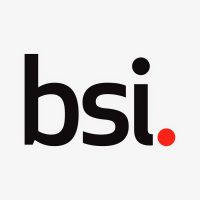The draft of a framework for a circular economy standard has the backing of major UK companies.
The draft was drawn up by the British Standards Institution (BSI), and has received “very positive” comments from major companies who are “looking to make the transition to a more sustainable and circular business model”, reported edie.net. The BS 8001 was developed due to feedback from stakeholders such as the UK government, and many businesses who want to move towards “a circular mode of operation” including Kingfisher, Marks and Spencer and Skanska.
The standard will aim to educate organisations of the circular economy’s business relevance, and also lead them in the direction of how to implement the principles “in order to create direct and indirect value as a result of process, product/service or business model innovation”. The standard was tested in a piloting process, is available for comment until 15 January 2017, and was “deliberately made jurisdictionally neutral”, with feedback from UK, Singapore and US businesses said to have been positive.
Phil Cumming, BSI’s National Sustainable Resource Management Committee Chair, said: “There is a lot of theory and talk about the circular economy, but not as much action as there could be. Apart from a handful of fantastic forward-thinking examples, it seems many organisations are still struggling to get their heads around how to get started.
“Benefits [of BS 8001] include standardising the use of certain terms, some of which are currently open to interpretation and potential misuse, helping organisations identify what their role is, and providing clarity and direction on key issues to enable greater collaborative working. After working through the framework some organisations may even conclude that a circular business model is not for them.
“So much valuable input has already been made into this standard by individuals from a wide range of organisations representing business, academia, civil society and government including several from overseas. This shows how important the circular economy is to the current business agenda. To ensure the standard is as relevant and helpful as possible we’re keen to get lots of feedback on the draft. We have even posed supplemental questions on areas where we know there will be conflicting views.”
